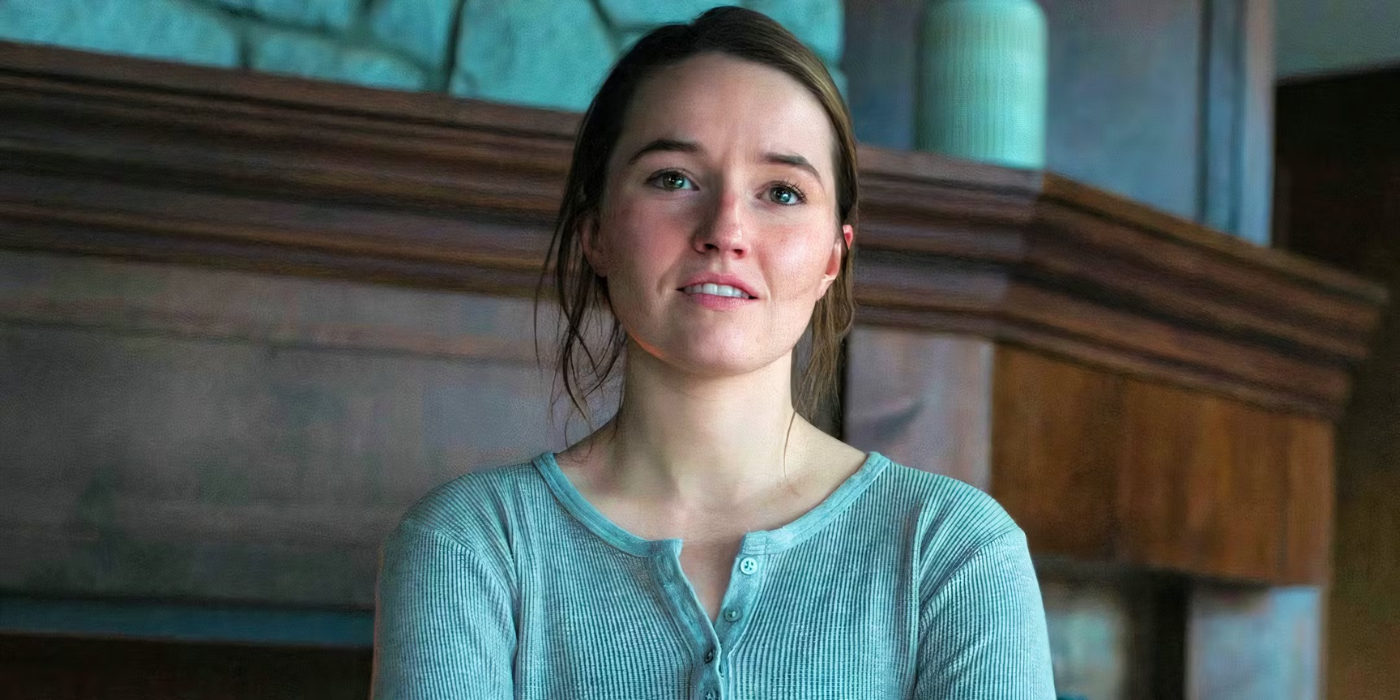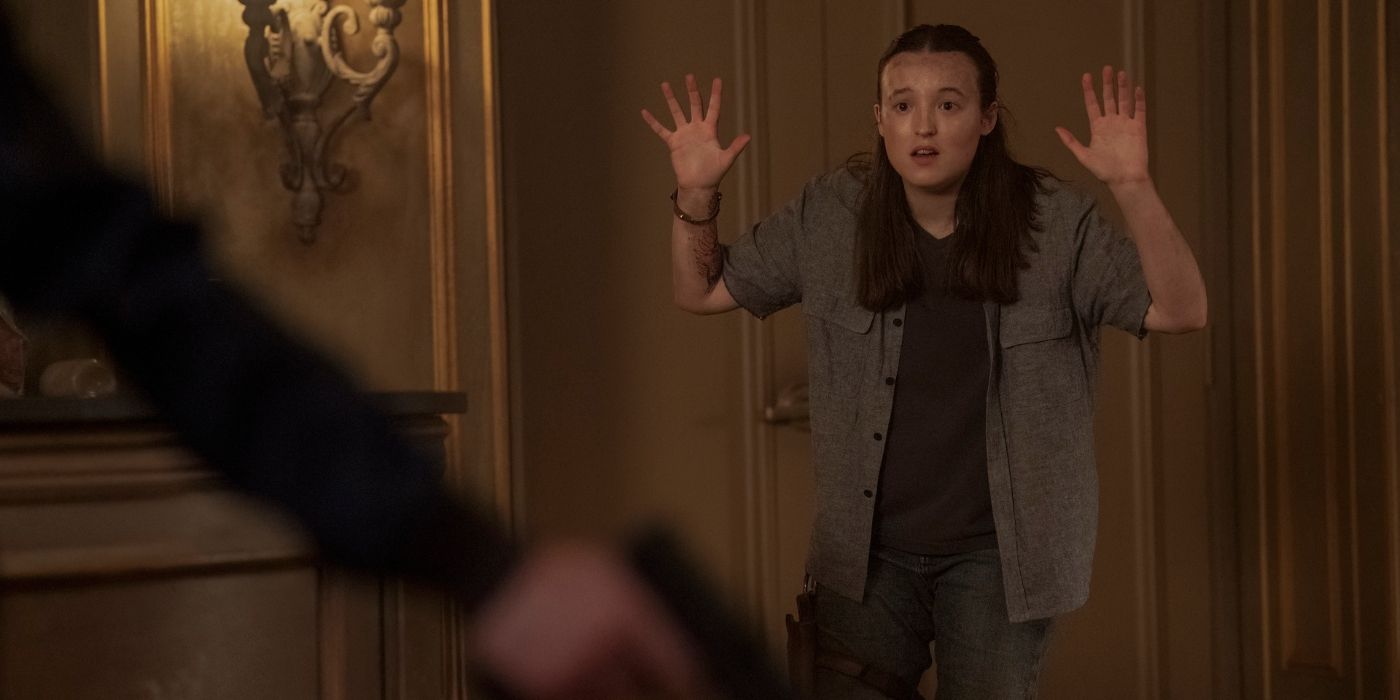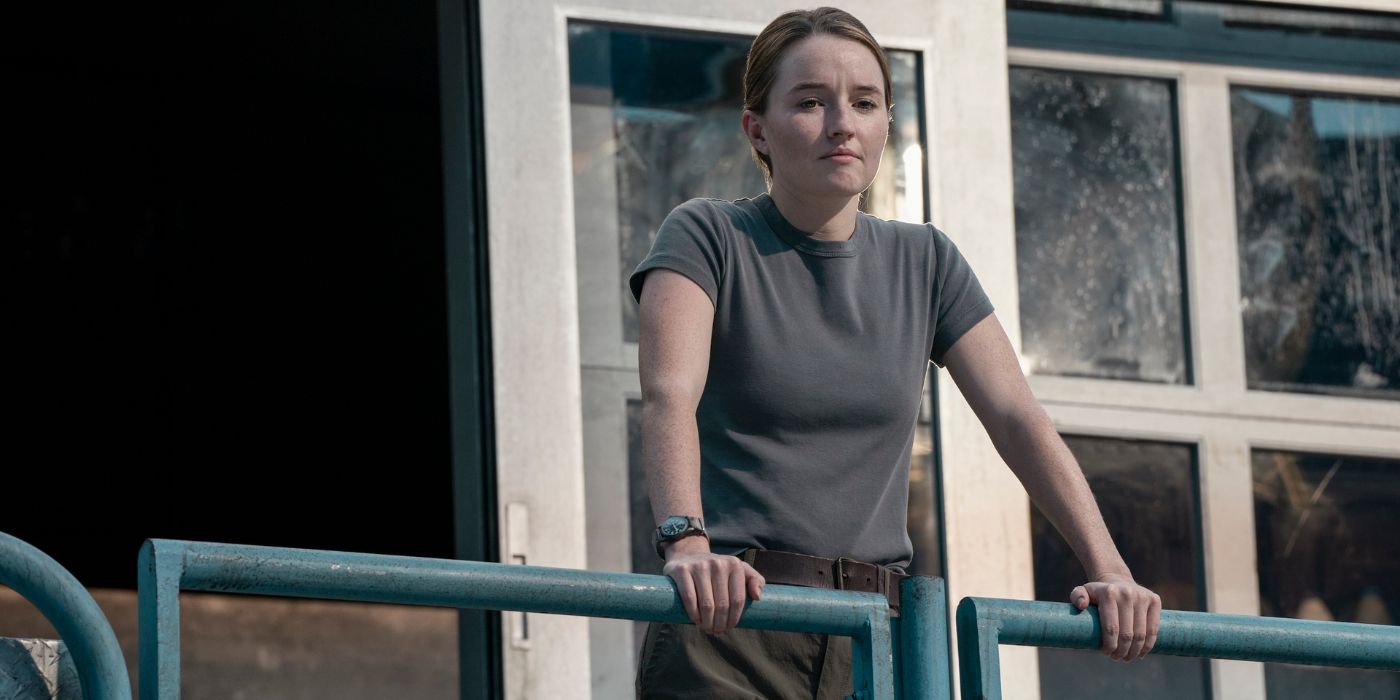The Last of Us Season 2 has barely finished, and there's already some controversy forming ahead of Season 3. Just this week, series co-creators Craig Mazin and Neil Druckmann confirmed that the upcoming season will feature a big change, with Abby (Kaitlyn Dever) taking over from Ellie (Bella Ramsey) as the new protagonist. This switch was already anticipated in the Season 2 finale, with a flashback scene focused on Abby wrapping up the episode.

The timing of the news and Mazin and Druckmann coming forward to make this switch official seems awfully strange, though, as if there was more to it than simple storytelling reasons. With so much going on and Season 2's ratings at an all-time low for the series, we can't help but wonder: can The Last of Us pull off yet another protagonist change?
The Protagonist Switch Was Expected, but Is There More to It?
From a narrative perspective, switching the main characters from Ellie to Abby makes complete sense and has been teased from the beginning, but publicly coming forward to announce it feels like a PR stunt that's signaling to unsatisfied viewers that "if you didn't love Season 2, don't worry, Season 3 will be completely different." It's all in how this is addressed; instead of diminishing Ellie's role or excluding her from the conversation, let's discuss both Ellie and Abby. Ellie's writing was an issue in Season 2, but it can improve, and Abby will play a big part in it. Simply sidelining Ellie feels like acknowledging that she was an issue without addressing the poor writing behind it, as if everything was being swept under a rug, and that's not how it works, especially with such a great and important character like Ellie.
Abby Will Be the Series’ Third Protagonist — How Will Viewers React?

Gaming is not for everyone, which is why adapting The Last of Us into a series was such a no-brainer. It's not only a great game, but also a compelling story, one that even those who aren't into video games would enjoy. The whole thing is about introducing that story to a larger audience, so we can't assume that everyone who watches the series is familiar with what happens in the game. However, we can assume that they're familiar with television, meaning that they have an unbiased outlook on the series from the start and are able to recognize its faults as a TV series, not necessarily as an adaptation. This helps us understand why viewership declined in Season 2, and how the audience may feel about the series' future with so much going on.
The best episode in Season 2 isn't focused solely on Ellie, and Abby doesn't even appear; instead, in Episode 6, most of the plot is actually centered on the dynamics between Ellie and Joel. This is what made Season 1 such a hit, with Joel being the main character, and it shows how much audiences miss him. His death in Season 2 was necessary and passed the torch to Ellie, but it represents a significant and sudden change in the series' status quo. Ellie is a completely different character, and although we may know her well from Season 1, putting her in the spotlight in a series is different from a game where players are Ellie. She had to be set up as the new protagonist, have her own supporting characters introduced, and her own motives come forward... And now everything changes again. Abby taking over as the new protagonist in Season 3 makes her the third lead in three different seasons of The Last of Us. As much sense as it makes from an adaptation standpoint, it's just a lot to take in.
Can the Series Make Its Protagonists Work Past Season 3
In the game, Abby's storyline begins right from the start, as she's a playable character alongside Ellie during the blizzard in Jackson. More than playing both of them, we get more time to explore them and truly come to see them as two sides of a coin. Right now, this should be the aim of The Last of Us on TV, not sidelining one character in favor of a promise for Season 3. Understandably, setting one season for Ellie and one for Abby might seem "more organized," but it didn't work, so now the focus shouldn't be solely on one of the other. Instead, give Abby more room for her story, but keep Ellie closeto reinforce the idea of opposites that attract, which is ever-present in the game. That's what the future of the series should be about. The current TV and streaming landscape is unforgiving, and even a flagship series like The Last of Us needs to perform, but there's still time to turn things around.



-1750480858-q80.webp)
